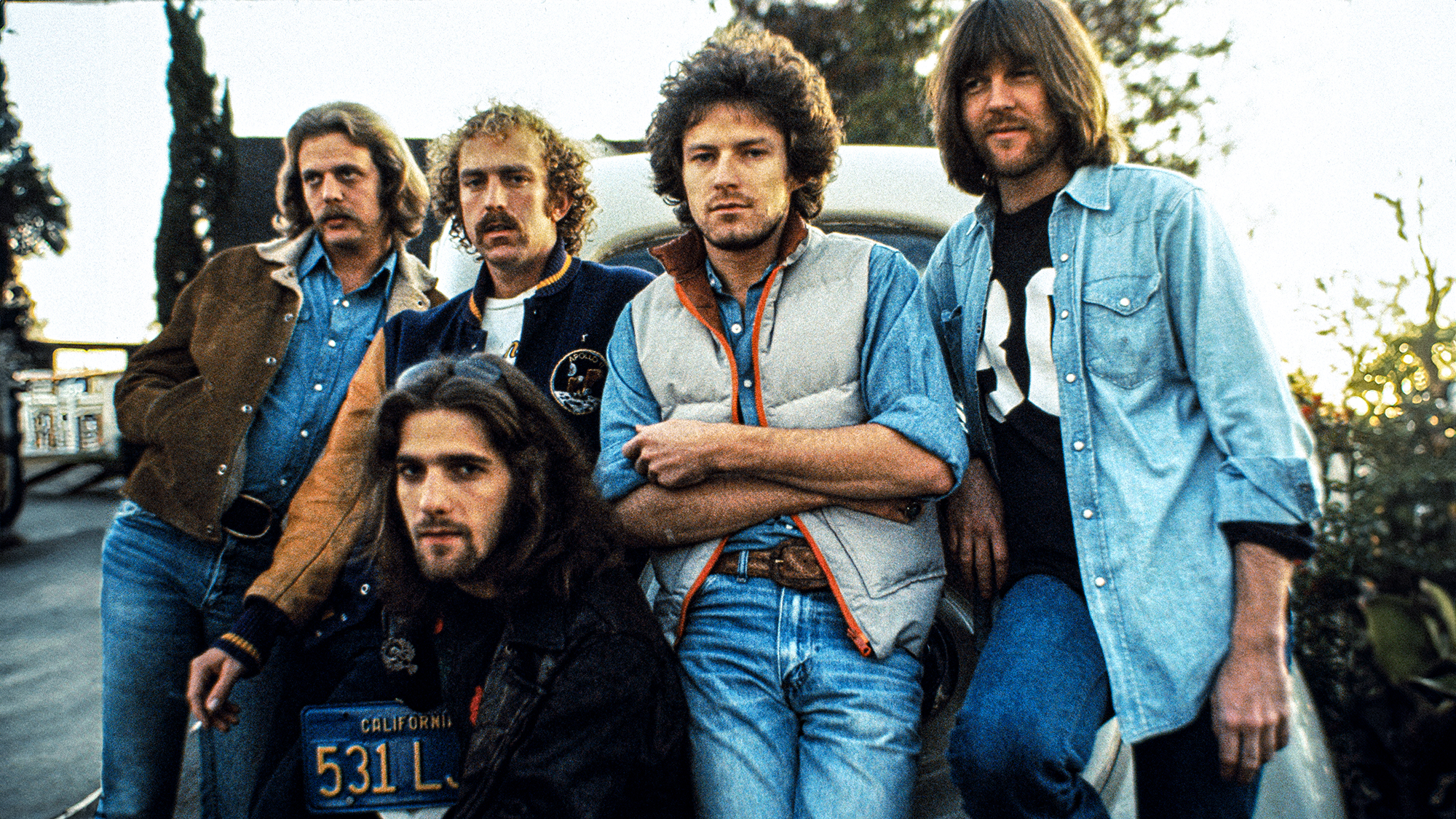Molly Tuttle’s Top Five Tunes Revealed
The Grammy-winning bluegrass star shares the music that shaped her style

All the latest guitar news, interviews, lessons, reviews, deals and more, direct to your inbox!
You are now subscribed
Your newsletter sign-up was successful
Molly Tuttle’s songwriting and acoustic guitar playing are rooted in the bluegrass she grew up on, which she took to Berklee College of Music and developed into her own style.
As much a student of theory as technique, she studied chord structures alongside flatpicking, crosspicking and clawhammer playing.
Tuttle dug back to her roots to pull out five compositions that showcase her mastery of the instrument.
These are the riffs that inspired her guitar playing...
1. “Annabelle” by Gillian Welch with David Rawlings
“I’m a huge Gillian Welch fan. I discovered her music when I was a teenager and at the same time fell in love with David Rawlings’ guitar playing. He really takes risks with tensions and notes that aren’t in chord tones, which I love.
“He uses intervals – like minor seconds and fourths – that you don’t really hear that many people hanging on as much as he does, and he uses them in really interesting ways that speak to me. I incorporate that into my own playing a lot.”
2. “Bill Cheatum” by David Grier
“This is such a master class in flatpicking. You can really hear how he tweaks fiddle tunes. He takes these standard tunes and puts his own spin on them, and I thought this one was a great example because he plays around with the melody and fills it out, so you can hear these chord changes around the melody of the fiddle tune.
All the latest guitar news, interviews, lessons, reviews, deals and more, direct to your inbox!
“I love that he incorporates a lot of cross picking, so you don’t just hear the melody – you hear all the harmony around the melody and the notes he lets ring around it. I try to do that as well.”
3. “Little Sadie” (Traditional)
“When I was a teenager, I started getting into old-time music and learned clawhammer banjo, which is an old style of playing. One year, I was teaching at the California Coast Music Camp, and during one of my off periods I saw someone was teaching a class in clawhammer guitar.
“I didn’t know you could apply that same style on the guitar, so I decided to check it out. It was taught by a guy named Michael Stadler. He had us tune our guitars similar to a banjo. That makes it great for playing these more modal-sounding old-time tunes.”
4. “Morning Morgantown” by Joni Mitchell
“When I went to Berklee College of Music after high school, I had a guitar teacher who was obsessed with Joni Mitchell. She had all of her tunings written out in a book. She showed me all these cool things that Joni did with the guitar, and I began to really appreciate her songwriting as well as her guitar playing.
“I hadn’t played in that many open tunings before and didn’t really know how it worked. With these open tunings, this one in particular, I’m using a lot of sixth shapes, so I’m sliding those shapes around the neck, and Joni does that a lot.”
5. “I Am a Pilgrim” by Clarence White
“I grew up listening to a lot of bluegrass music. I didn’t realize until later how much of Clarence White’s playing influenced me, in part through my dad, who listened to him a lot. I remember watching videos of him and hearing his version of ‘I Am a Pilgrim.’
“I’ve been so influenced by his playing, especially his rhythm playing and how he backs up others, and the runs he puts in going from chord to chord. He plays so much with syncopation and anticipating chords, anticipating notes leading up to chords, and I think that has influenced my style in a lot of ways.”
Jim Beaugez has written about music for Rolling Stone, Smithsonian, Guitar World, Guitar Player and many other publications. He created My Life in Five Riffs, a multimedia documentary series for Guitar Player that traces contemporary artists back to their sources of inspiration, and previously spent a decade in the musical instruments industry.

